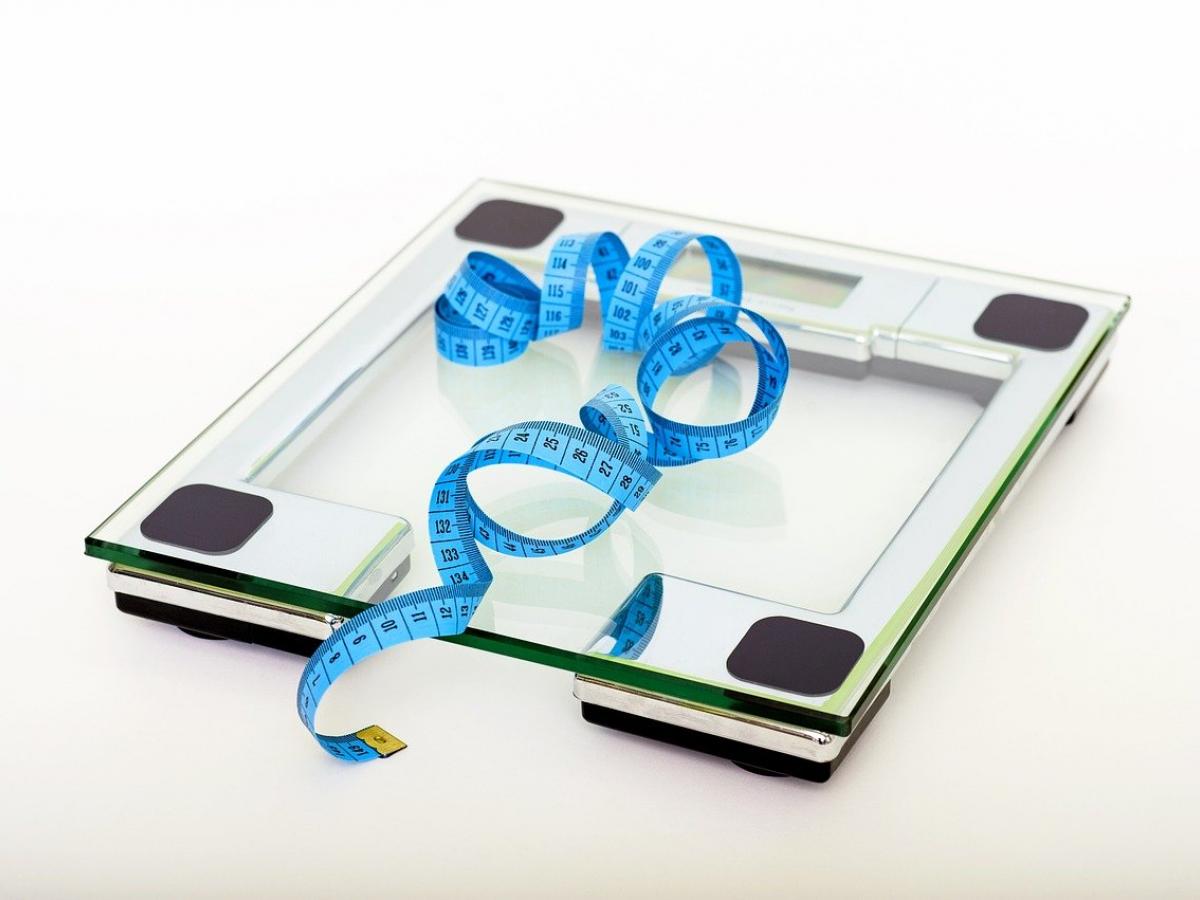Dealing with body issues

I have been unhealthily obsessed with my weight for a long time.
Content warning: This piece mentions body dysmorphia and weight gain/loss. Some of the material might be distressing. We encourage you to take a break from reading if you need and take time to process the material. If you need support, please call Lifeline on 13 11 14, the Butterfly Foundation on 1800 33 4673 or visit the University’s Counselling website.
In my early high school years when my body stubbornly embraced puberty, I gained a significant amount of weight. I was quite a chubby kid and this affected many areas of my life.
My love for fashion was overshadowed by my desire to wear baggy clothing that I mistakenly assumed would hide my stomach; I would refuse to go to the beach with my friends for the fear of exposing my body by wearing bathers; and thoughts of being the ‘fat kid’ would cloud my thoughts when I should have been focused on studying and enjoying school. I was completely fixated on my weight and it had an obvious negative impact on my mental state.
When I entered my final year of school, and then came to university, I had what is jokingly referred to as a ‘glow-up’. Exercising, eating better, and possibly just exiting that awkward phase of puberty led me to dropping several sizes in clothing. Yet, the years of viewing my body in such a negative light really took their toll. There was a period where I would look in the mirror and see myself as bigger than I was. I still perceived myself as ‘fat’, buying jeans that were sizes too big because I thought that was an accurate fit.
I only realised when I began to feel better that I had developed a mental illness of sorts. It may have been a form of body dysmorphic disorder, which distorts your body images and makes you fixate on a particular aspect of your body. The definition certainly fits what I was going through, for “you may feel as if there’s a huge gap between your perception of your body and what your family and friends tell you.”
For me, it manifested into feeling that I was still the same weight and body shape I’d experienced in high school even though I am, in hindsight, small. I took an online test once, where you have to click an image of what you think you look like, and then input your actual measurements or sizes. Based on this assessment, I thought I was 2 or 3 sizes bigger—or ‘fatter’, as I would think of it—then I actually was.
It's taken me many years of work to get out of this unhealthy mindset. To realise that I’m not the same person in the mirror than me circa 13, and instead that I’m a healthy weight. I’ve celebrated mini milestones, like finally wearing more fitted clothes or shorter skirts. Last year, I wore bathers to the beach for the first time since primary school—and I’m in my early 20s. But bigger challenges may take some more time, like being intimate with a partner. If you are going through something similar, it is hard to identify that you are, because these feelings will make you think are a bigger weight. It is difficult to identify that this is just your distorted perception of yourself. I made the mistake of letting it affect a significant portion of my life. The best advice would be to talk about it with someone that you trust, like a friend or a family member.
It takes a long time, but I have made progress, and I am proud of that. If you are worried about your body image, eating habits or your mental health, please seek professional help. The Butterfly Foundation has some great resources or reach out to the Counselling Service here at uni.
